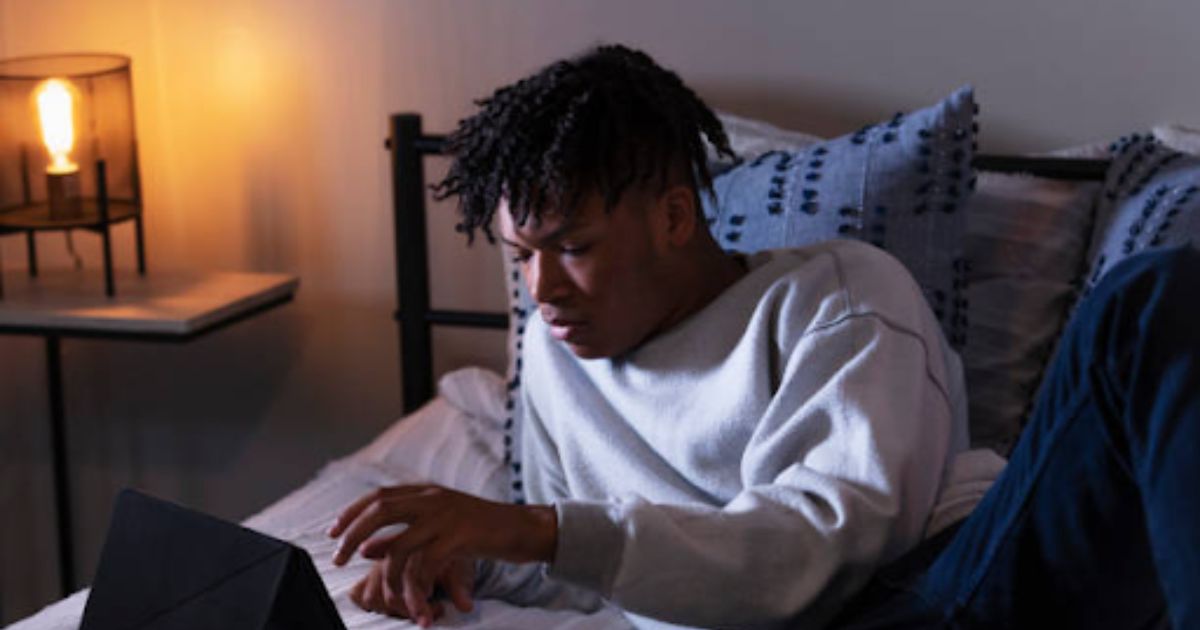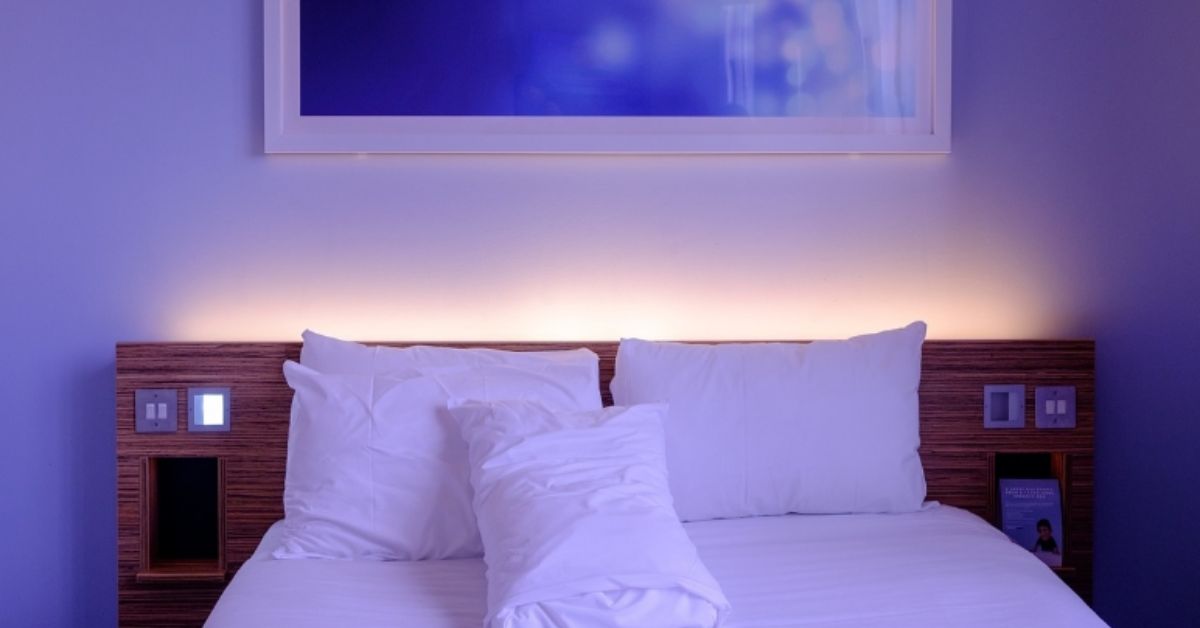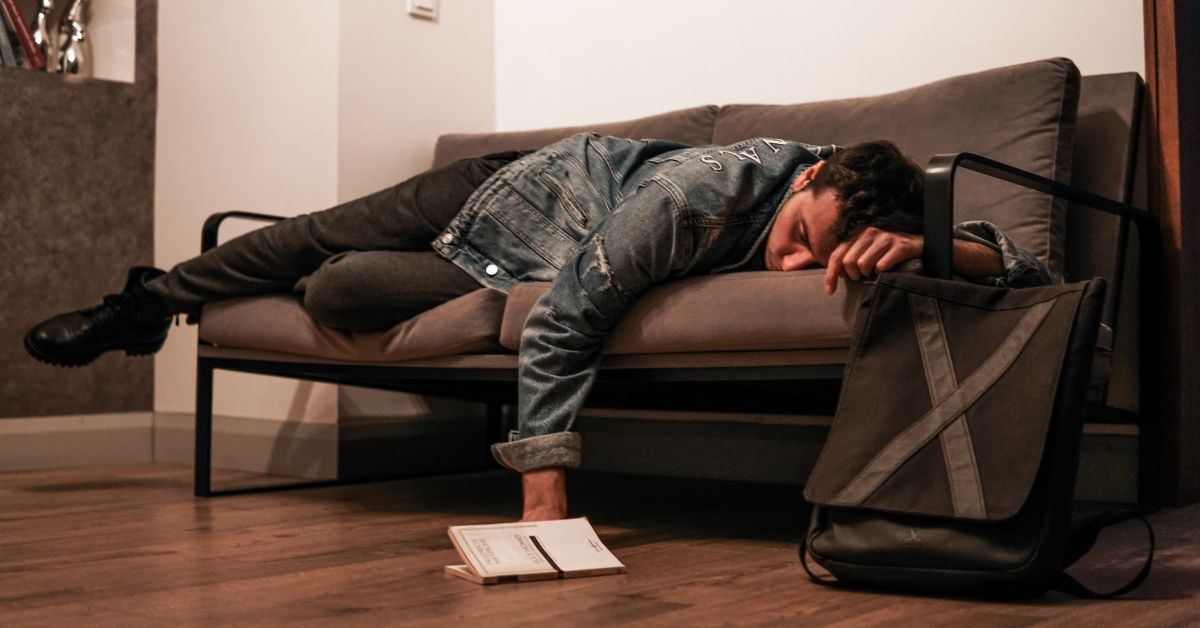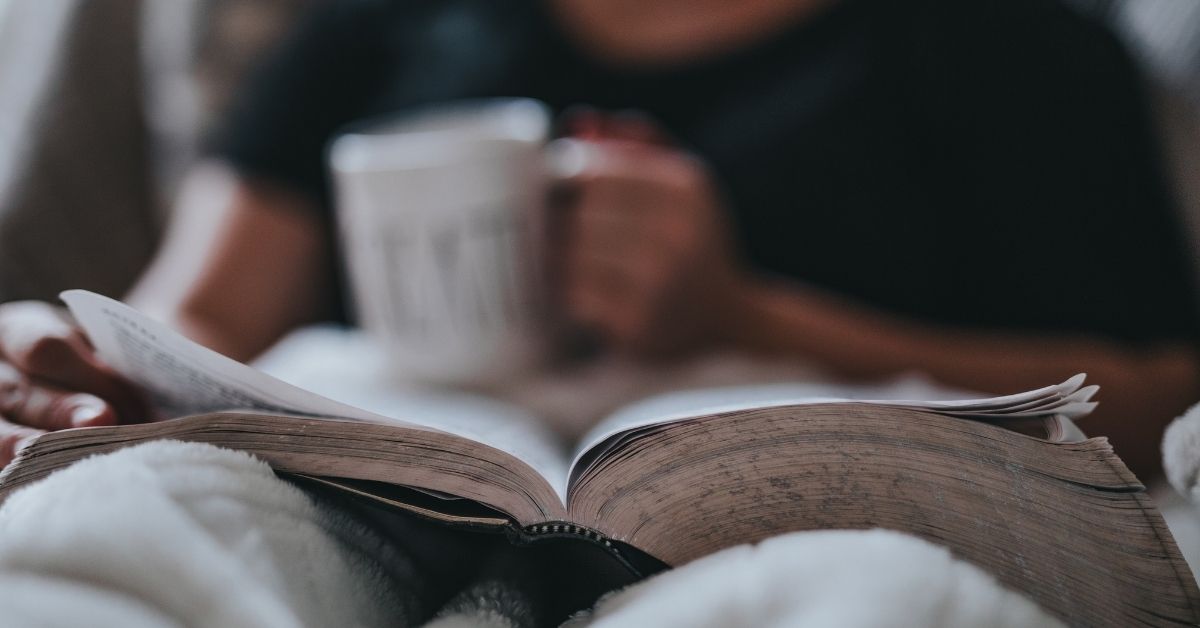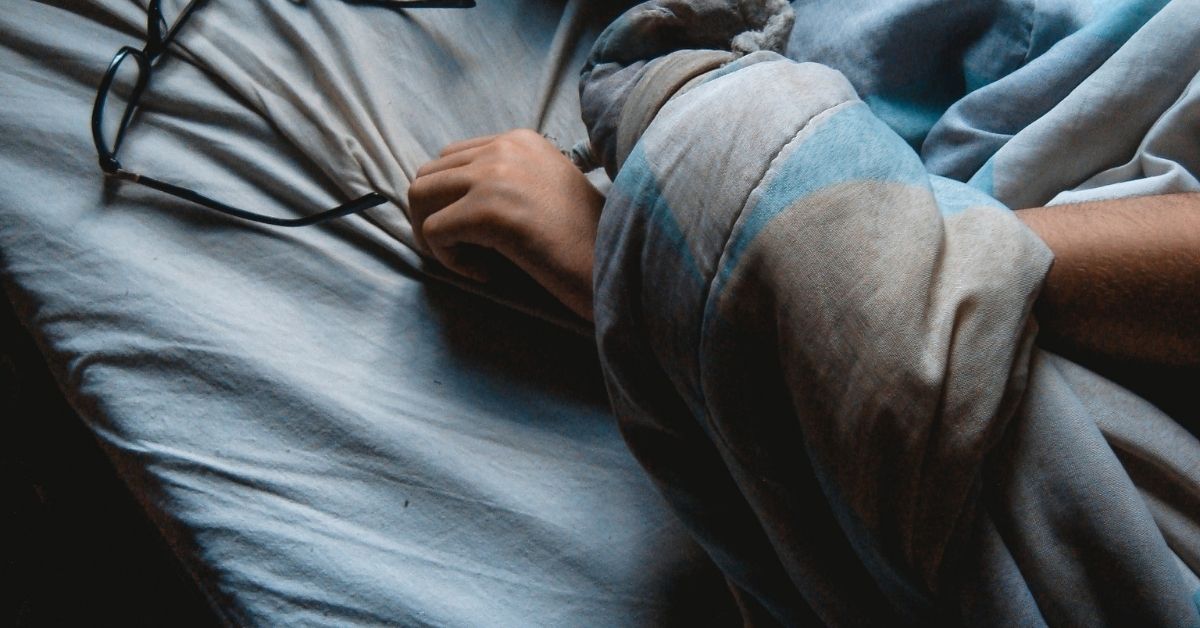In our fast-paced, digital era, screen time has become an inseparable part of our lives. Whether it’s the soothing glow of our smartphones, the captivating allure of our tablets, or the comforting hum of our laptops, screens surround us.
However, this constant exposure to screens, especially before bedtime, can wreak havoc on our sleep patterns, leading to sleep disturbances that disturb the sanctity of a good night’s rest. In this article we cover how screen time disrupts sleep patterns.
The Science Behind Sleep Patterns
Before delving into the disruptive influence of screens, we must unravel the intricacies of sleep patterns. Our bodies follow a natural circadian rhythm, an internal clock that regulates the sleep-wake cycle. Exposure to natural light during the day helps sync this rhythm, signaling to our bodies when it’s time to be awake and alert.
As the day winds down, the body begins to produce melatonin, a hormone that induces sleepiness. However, the introduction of artificial light, particularly the blue light emitted by screens, can disrupt this delicate balance. The eyes are particularly sensitive to blue light, and exposure to it in the evening can suppress melatonin production, making it harder to fall asleep.
Screen Time Before Bed: The Culprit of Sleep Disturbances
The modern ritual of scrolling through social media, binge-watching the latest series, or reading e-books has become almost second nature to many of us. Little do we realize the toll this nightly routine takes on our sleep.
Screens emit a type of light, blue lights, that tricks our brains into thinking it’s daytime, delaying the release of sleep-inducing melatonin. This delay in melatonin production not only prolongs the time it takes to fall asleep but also compromises the quality of our sleep. Sleep disturbances become more frequent, with individuals experiencing fragmented sleep patterns that leave them feeling groggy and unrested upon waking. Blue light can have serious effects on your sleep health.
The Golden Question: How Long Before Bed Should You Stop Looking at Screens?
Now that we understand the connection on how screen time disrupts sleep patterns, the next logical question is: how long before bedtime should we put down our devices?
The answer isn’t a one-size-fits-all solution, but experts recommend establishing a “screen curfew” at least one hour before bedtime. This screen time curfew allows your body to naturally wind down, signaling to your brain that it’s time to prepare for sleep. It’s not just about the duration but also the content. Engaging in stimulating or stressful activities on screens close to bedtime can be just as disruptive as the exposure to blue light.
Strategies for a Screen-Friendly Sleep Routine
Implementing a screen-friendly sleep routine requires a conscious effort to prioritize your well-being. Here are some sleep strategies to help you make the transition:
Use Blue Light Filters
Blue light is one of the culprits that cause screen time to disrupt sleep patterns. To minimize this effect, consider using blue light filters on your devices, especially during the evening hours. Most devices offer these filters as pre-sets that can be easily switched on. These filters reduce the amount of blue light emitted, minimizing its impact on melatonin production.
Set Up Night Mode for Nightly Device Routines
The majority of modern devices feature night mode, a useful preset that reduces the blue light emitted by the screen. Manually enable this mode each evening to create a more sleep-friendly environment. Or see if your device allows this night mode to turn on automatically a specific time every night.
Establish a Relaxing Pre-Bedtime Routine:
Aside from blue light, stressful or engaging activities before bed can also be one of the culprits that disrupts your sleep pattern. Instead of staring at screens, engage in relaxing activities before bedtime. This could include reading a physical book, practicing gentle stretching, or practicing mindfulness meditation. By creating these habits, you could see your quality of sleep improve.
Create a Screen-Free Bedroom
If you struggle with resisting using your screens when they are around then the best option might be to remove the temptation. Consider designating your bedroom as a screen-free zone. This not only applies to smartphones and tablets but also to televisions. Keeping screens out of the bedroom reinforces the association between the bedroom and restful sleep. With a total lack of screens you won’t find yourself accidentally using them.
Invest in Alternative Activities
To replace the time that you spend using screens or scrolling you will need to find alternative activities that don’t involve screens. Whether it’s journaling, listening to calming music, or practicing a hobby, diversify your pre-sleep routine to exclude screens. There are many different ways to help relax your body before bed that will help you improve your sleep quality.
The Digital Dilemma: Navigating the Screenscape
As we navigate the digital landscape, it’s crucial to acknowledge that screens have become integral to both work and leisure. From virtual meetings to late-night Netflix binges, screens are omnipresent. This ubiquity poses a challenge, especially for those who find themselves glued to their devices until the wee hours.
The evolving nature of work, for example, contributes significantly to the prevalence of screen time beyond traditional working hours. Many individuals find themselves catching up on emails or finishing tasks right up until bedtime, inadvertently exposing themselves to the sleep-disrupting effects of screens. The boundary between professional and personal time blurs, making it even more challenging to adhere to a screen curfew.
Beyond the physiological effects of blue light, screens also stimulate our minds, making it difficult to unwind. The constant influx of information from social media, news updates, or engaging TV shows keeps our brains active when they should be transitioning into relaxation mode. This mental stimulation can contribute to racing thoughts and heightened stress levels, further exacerbating sleep disturbances.
Strike a Balance With Screens Before Bed
So, how do we strike a balance between the demands of our screen-filled lives and the need for restorative sleep? It begins with a conscious effort to set boundaries and prioritize sleep hygiene. Establishing a consistent sleep schedule, wherein you aim for the recommended 7-9 hours of sleep each night, can be a foundational step.
Moreover, fostering awareness about the potential consequences of excessive screen time on sleep patterns is essential. Many individuals may not be fully cognizant of the impact screens can have on their sleep quality. Education and open discussions about the importance of creating screen-free zones before bedtime can empower people to make informed choices about their evening routines.
Who Can I Contact For Help With Sleep Patterns?
Have you asked “How can I get help with sleep patterns?” The Jacksonville Sleep Center stands as a beacon of hope for those seeking respite from the clutches of sleep disturbances. With a dedicated team of sleep specialists and state-of-the-art facilities, the center is committed to unraveling the mysteries behind disrupted sleep patterns. Offering comprehensive sleep evaluations, diagnostic studies, and personalized treatment plans, the Jacksonville Sleep Center employs cutting-edge technologies to identify and address the root causes of sleep issues.
From sleep apnea to insomnia, the center’s expert staff guides individuals on a journey toward rejuvenating, restorative sleep. With a compassionate approach and a focus on patient education, the Jacksonville Sleep Center not only treats sleep disorders but also empowers individuals with the knowledge and tools to foster sustainable, long-term improvements in their sleep quality and overall well-being.
If you find yourself wrestling with sleep disturbances, the Jacksonville Sleep Center stands ready to be your ally in the quest for a peaceful and revitalizing night’s sleep. Request An Appointment or give us a call at 904.854.6899.

